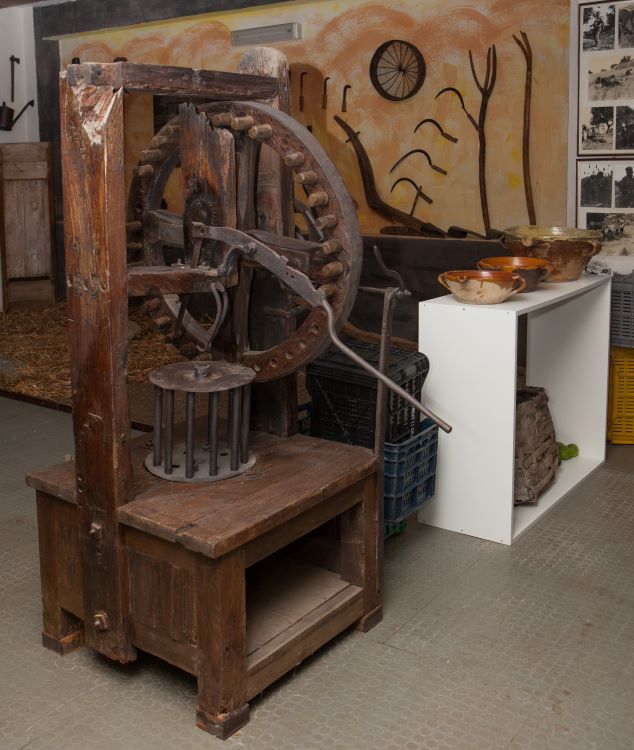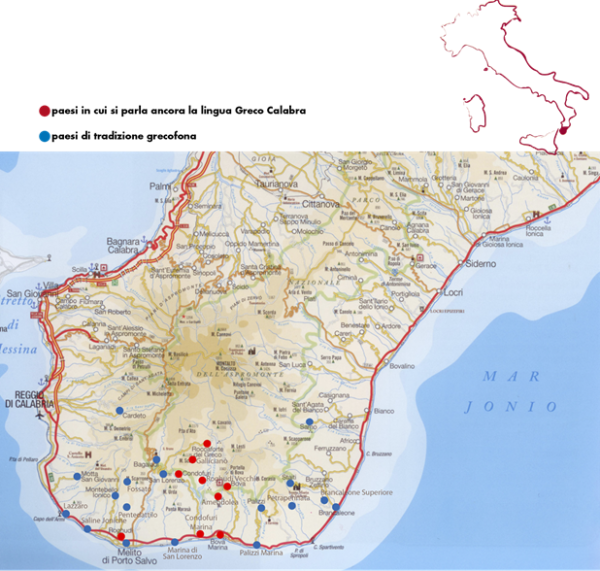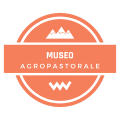
The Museum
history
The ethnographic collection of the Agro-Pastoral Museum of the Hellenofana Area of Bova Marina (RC) was born by the will of Pasquino Crupi and Domenico Candela at the end of the seventies of the last century, when still in the districts and in the hamlets of the small town of the Ionian coast of Calabria a rural society was widespread, custodian of the ancient Greek and Byzantine Magno civilizations that over the centuries have profoundly marked the Aspromonte, leaving significant traces in the language, in the music, in the cuisine and in a whole series of customs, in part, lives in many daily rituals. The collection consists of 270 artifacts relating to different aspects of Greek-Calabrian popular culture, expertly illustrated by a black and white photographic campaign, performed in detail by Bruno Modafferi. Most of the exhibits illustrate the main agro-pastoral activities practiced in the area between the end of the nineteenth century and the second half of the twentieth century.
Area
Ellenofona
In the southern Province of Reggio Calabria, still today small communities that speak an ancient language of Greek origin. They are the Greeks of Calabria, the heirs of the Greek migration, which spilled over the Ionian islands between the eighth and sixth centuries BC. C. to look for new lands to cultivate. Since then the Hellenic identity took root to the point of surviving the Roman Latinization and perpetrating over time also thanks to the subsequent arrival of the Byzantines, who brought Calabria back into the orbit of relations with the East for over half a millennium. The isolation in which the Greek-speaking communities lived, confined to the Aspromonte since the ninth century to escape the threat of the Saracens and then the Turks, contributed to preserving the Greek nature of subsequent foreign contaminations. The Calabrian Greek was therefore forged away from the sea and within a rural microcosm dominated by impenetrable mountains, interspersed with the stony beds of rivers, waterways and the only access roads in a land that can also be reached from nearby Reggio. The relationship between the Greeks of Calabria and their mountains, source of life and sustenance, crystallized over time the habits and lifestyles of shepherds and farmers who gave their lives to the land. Rurality thus became the founding pivot of the identity of the Grecanica Area, which still today manages to give suggestions of its past through the Greek language, cultural traditions and its food and wine.

The themes that animate the Museum some great strands of Greek Calabrian popular culture follow, explained through reconstructions of environments, sets, didactic panels and audiovisual installations.
Contacts
For more information and to book a visit, contact us and we will reply as soon as possible.
